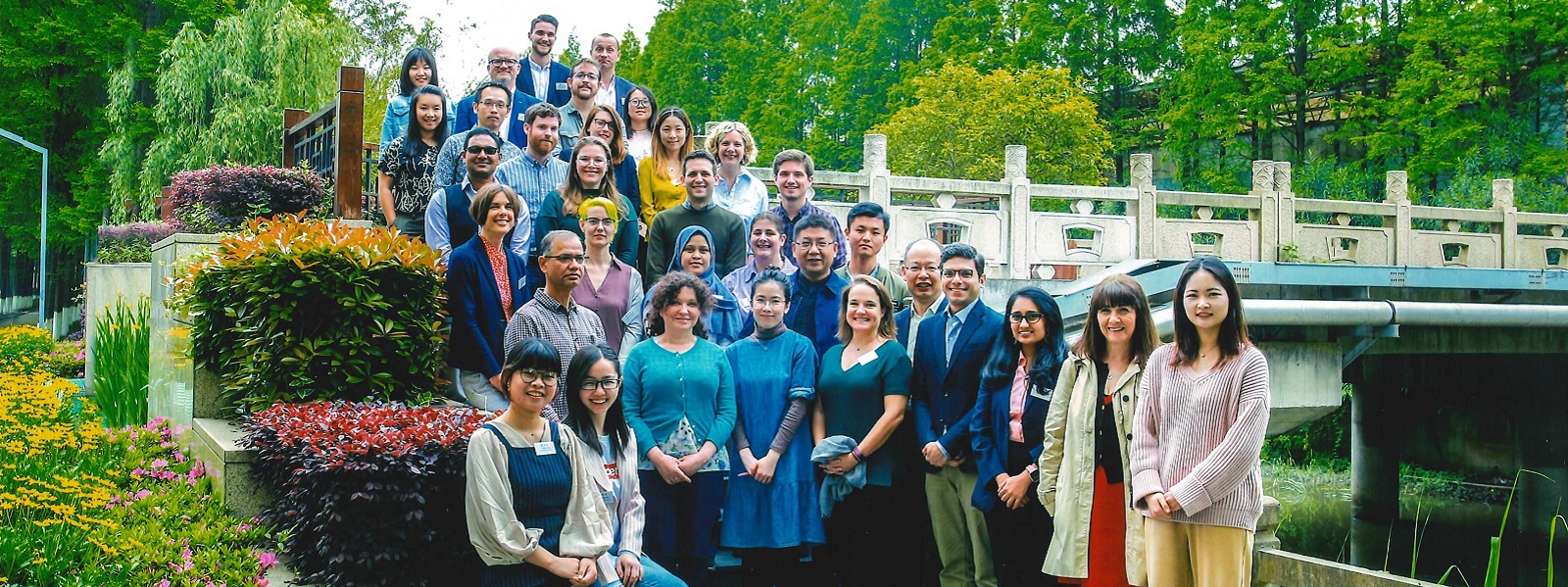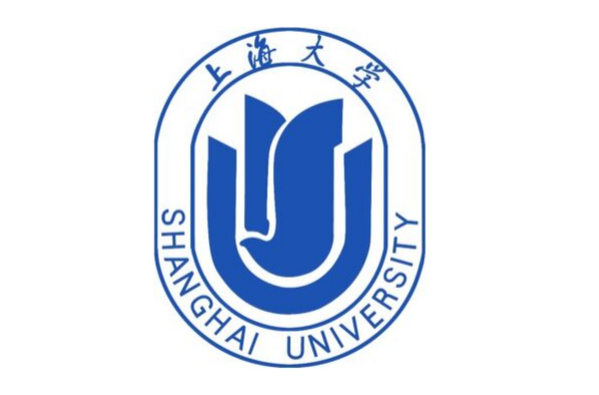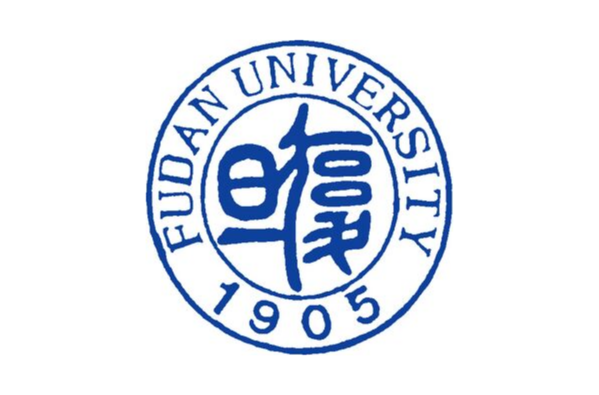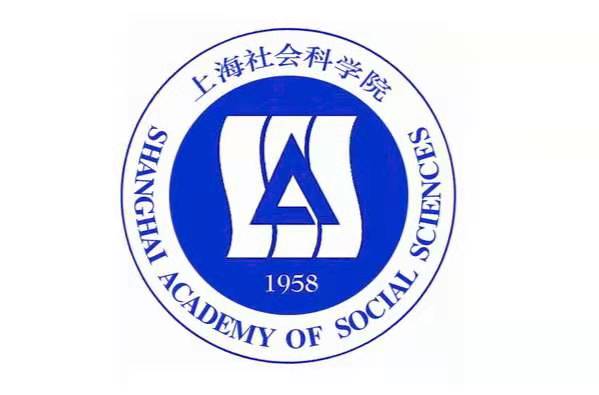Funded by Wellcome Trust
Objectives of the programme
As China rapidly modernises, industrialises and pursues global connections, it faces a range of challenges to the health of its population, to its medical services, and to social and cultural understandings of therapeutics, wellness and illness there. One of the country’s responses to this was to begin cultivating Medical Humanities expertise and to connect this to centres of excellence around the world.
The field has grown in the UK over the last twenty-five years as the limitations of purely technical approaches to society’s health problems have become apparent. Academics in the field based in the UK have found new perspectives on their own research interests and fresh challenges to their practices as investigators, teachers and trainers through collaborating with colleagues in China. This programme of exchange and networking therefore aims to build on these early experiences of connecting and co-working to:
- Drive the Medical Humanities as a mature disciplinary field in China.
- Grow collaborative working between an expanding number of Chinese institutions and UK universities in the Medical Humanities.
- Establish a generation of scholars in the Medical Humanities with experience of research, training and teaching in both academic cultures and the capacity to build the field in China and elsewhere.
- Equip graduates of the programme with Medical Humanities knowledge and perspectives to enable them to engage in fresh ways with human health problems and challenges as they enter careers and sectors beyond academe around the world.
Who is involved?
Since 2012 members of the CSHHH Glasgow at the University of Strathclyde and the College of Liberal Arts at Shanghai University have worked together on a range of activities to develop international collaboration in the Medical Humanities. The core objective has been to connect the two institutions in order to jointly conduct research, training and teaching so that the Medical Humanities grows as a subject area in both countries and emerges as a major field in China.
Fudan University, the Shanghai Academy of Social Sciences and the Centre for the History of Science, Technology and Medicine (CHSTM) at Manchester University formalised their existing links with the original partner institutions to build the present consortium in 2019. Each brings additional and complementary experience and expertise to the programme.
How is the programme structured?
The programme has the following core components.
- Masters training for 18 students from China at the CSHHH Glasgow and at the CHSTM Manchester. Postgraduates at the Chinese partner institutions will have the opportunity to spend to a year of their studies in Glasgow or Manchester to work towards a UK Masters degree. Each institution will receive three students per annum and students will be selected for either destination through a competitive process and according to their research needs and ambitions. Two workshops per annum in the UK and the development of shared online learning experiences would ensure that each cohort has a common experience while enjoying the specific expertise and environments of the two centres. Both institutions provide specialist language support to enable students to build on their excellence in conversational English to develop advanced skills in academic English writing and communication.
- China Early Career Researcher (ECR) Fellowships. These are designed to facilitate exchange from the UK to China for ECRs in the fourth year of doctoral research or first two years of their postdoctoral career. A competitive process is open to those eligible from around the world. A one year appointment for successful candidates enables them to experience research and teaching in a new academic environment and enhance their employability. Core to the objectives for the Fellows are the completion of their doctoral thesis and/or their first publications. Fellows are also expected to work across the three Chinese institutions to contribute to the process there of building a collaborative Medical Humanities community in Shanghai. Organising an annual conference in China and developing research training sessions for Masters students at SHU, SASS and Fudan are among the mechanisms for this. SHU will deliver tailored Chinese language support for Fellows to enable them to develop spoken skills for effective professional communication.
Team Members
Programme Leaders
James Mills, Professor of Modern History, University of Strathclyde
Rob Kirk, Reader in Medical History and Humanities, University of Manchester
Gao Xi, Professor of History and Medical History, Fudan University
Yong-an Zhang, Professor of History, David F Musto Centre for Drug Policy Studies, Shanghai University
Zhao Jing, Professor of History, Shanghai Academy of Social Sciences
Caroline Marley, Project Manager
2023/24 Fellows
Dr Luis Junqueira
Dr Kaija Koovit
Dr Mia Chen Ma
2023/24 Master Students
University of Strathclyde:
Mengke Chen
Wen Hao
Mengqi Wang
2022/23 Masters Students
University of Strathclyde:
Bing Yu
Chen Xi
Lyuzhi Qian
Yuting Zhang
University of Manchester:
Jiayu Song
Jie Hu
Tainwei Zhang
2020/21 Fellows
Dr Louise Creechan
Dr Fabiola Creed
Dr Wankun Li
2020/21 Masters Students
University of Strathclyde:
Yifan Zang
University of Manchester:
Yinmei Cheng
Xiaoxuan Lu
Heying Zhao
2019/20 Fellows
Dr Peder Clark
Dr Chi Chi Huang
Dr Kay Nias
2019/20 Masters Students
University of Strathclyde:
Jiayu Gong
Jinping Li
Xioaye Zhu
University of Manchester:
Cong Wang
Wan Liang





